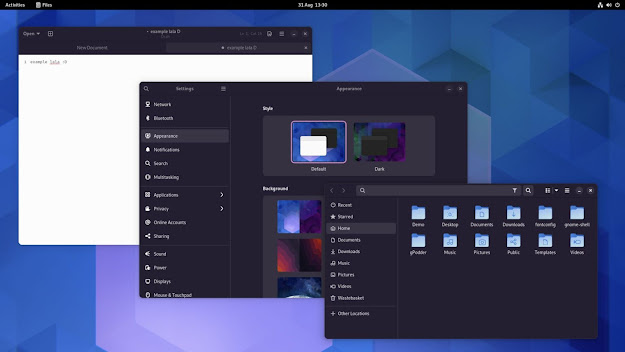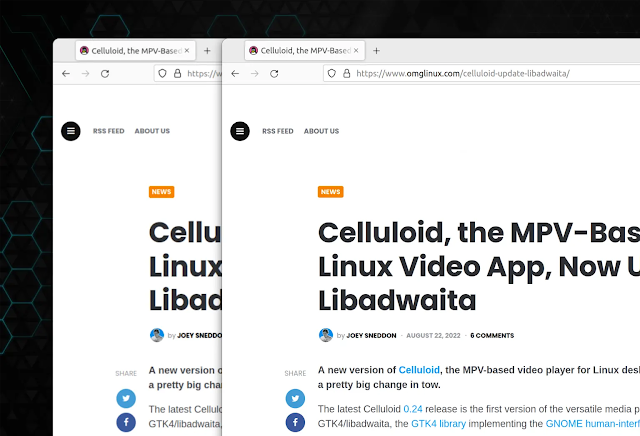Does Windows 11 version 22H2 change system requirements
With Windows 11 version 22H2 inching increasingly closer, it’s fair for users to wonder if they’ll be able to install it without problems. After all, Windows 11 came with some strict system requirements compared to its predecessors, so will the same happen with version 22H2? Thankfully, no, that’s not the case, at least for the most part.
Microsoft began testing Windows 11 version 22H2 even before the initial release of Windows 11, and anyone who has Windows 11 is able to try it through the Insider program. Microsoft has never mentioned new system requirements for this new version of the OS, and really, that shouldn’t surprise you. You probably shouldn’t expect big changes in system requirements at least until a whole new generation of Windows is released. The one change has to do with setting up the PC for the first time. With the initial release of Windows 11, Windows 11 Home required an internet connection and a Microsoft account to set up, but Windows 11 Pro was exempt. Now, even if you have Windows 11 Pro, you’re going to need a Microsoft account if you’re setting up a PC for personal use. If you’re using it for work or school, though, this isn’t required.What are the system requirements for Windows 11?
While Windows 11 version 22H2 is what we’d consider a major update for Windows 11, with a ton of new features added or brought back, it’s still Windows 11 at the end of the day. A lot of things are the same underneath, and you can expect it to work just as well on your PC. As such, it also has the same system requirements for the most part, which include the following:| Processor: | 1 gigahertz (GHz) or faster with 2 or more cores on a compatible 64-bit processor or System on a Chip (SoC) |
|---|---|
| RAM: | 4 gigabyte (GB) |
| Storage: | 64 GB or larger storage device |
| System firmware: | UEFI, Secure Boot capable |
| TPM: | Trusted Platform Module (TPM) version 2.0 |
| Graphics card: | Compatible with DirectX 12 or later with WDDM 2.0 driver |
| Display: | High definition (720p) display that is greater than 9” diagonally, 8 bits per color channel |
| Internet connection and Microsoft accounts: | Windows 11 Home edition requires internet connectivity and a Microsoft account to complete device setup on first use. Windows 11 version 22H2: Windows 11 Pro edition also requires internet connectivity and a Microsoft account for device setup for personal use. Switching a device out of Windows 11 Home in S mode also requires internet connectivity. Learn more about S mode here. For all Windows 11 editions, internet access is required to perform updates and to download and take advantage of some features. A Microsoft account is required for some features. |
System requirements won’t always change
Microsoft did make some big changes to system requirements with the initial release of Windows 11. Compared to Windows 10, it required double the RAM (or four times more, compared to 32-bit versions), new processors – including ending support for 32-bit processors – and more storage. It may seem like this is something that will happen frequently, but that shouldn’t be the case.






